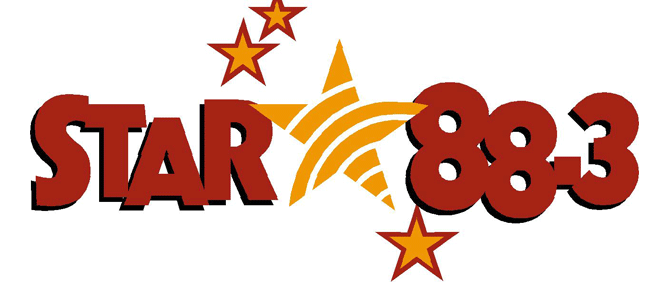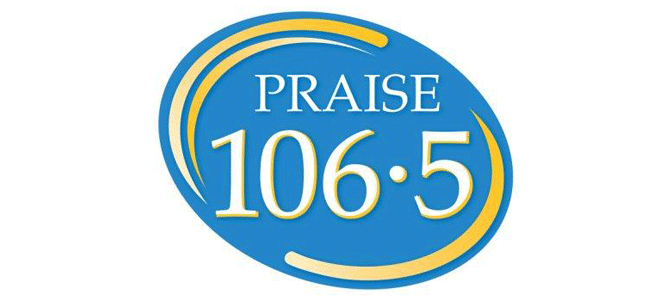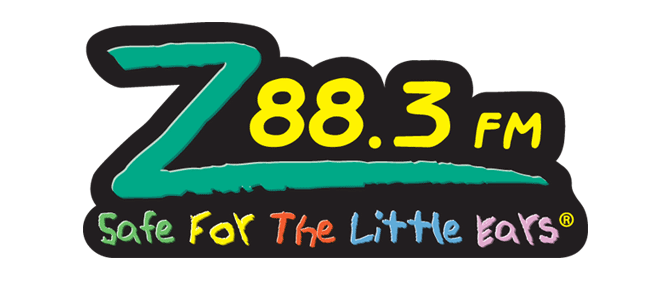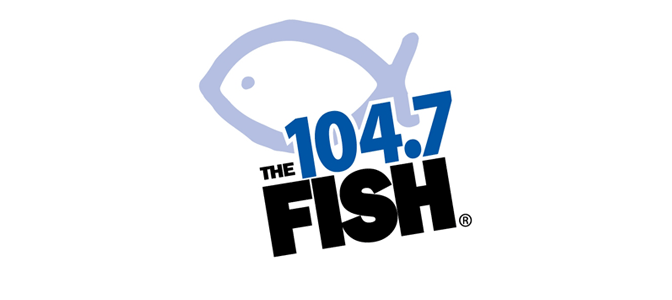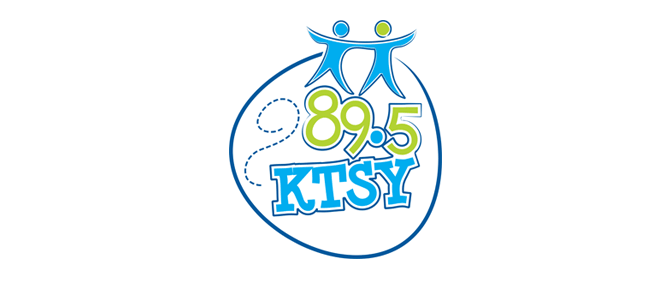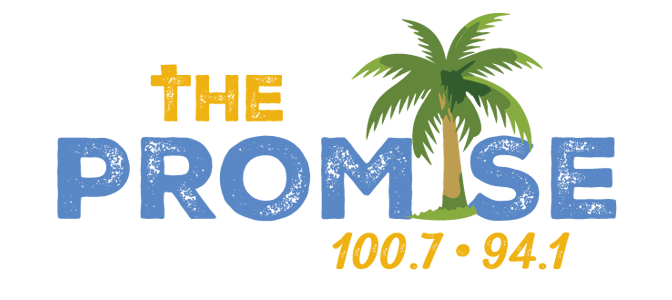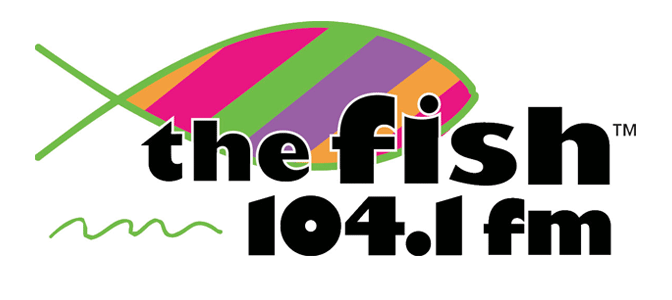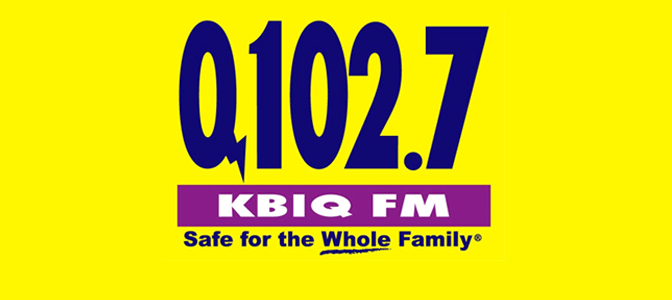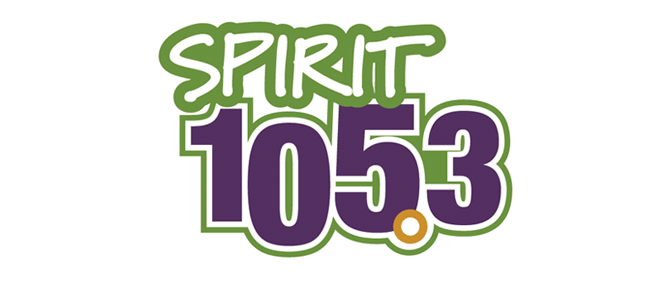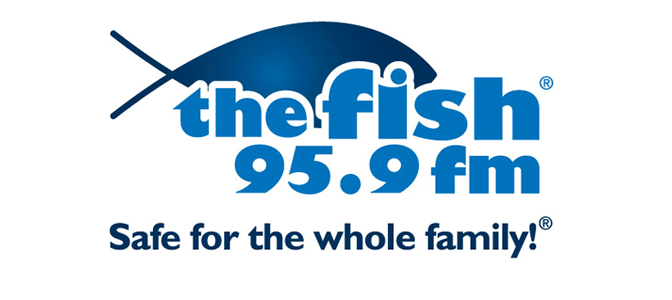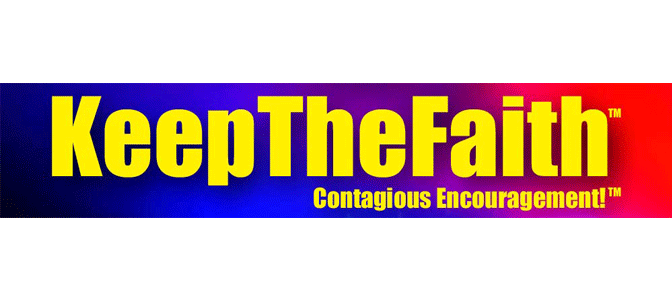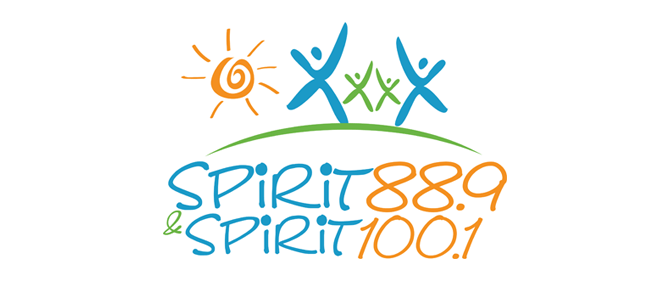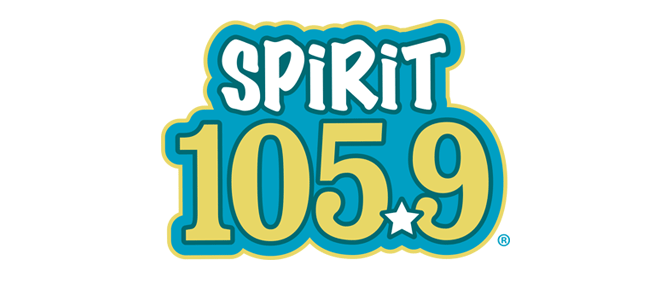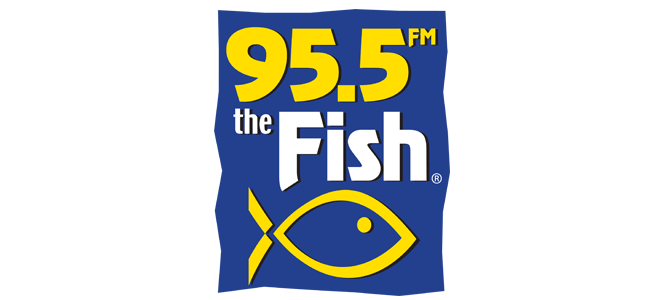“Kindness seems like such a radical idea today.”
As negativity, finger pointing, and spit wad throwing reach new levels in politics, and in traditional and social media, we can sense a growing desire for a breath of fresh air.
Just this week Bloomberg news reported, “Freaked Out Americans Desperately Seek to Escape the News.”
I know people who have turned off certain TV cable news channels (me, included). I know radio stations that have turned off the TV news in their studio due to incessant negativity and turned on HGTV.
The movie “Won’t You Be My Neighbor?” is a smash hit, bringing in $4.1 million in just three weeks.
Director Morgan Neville said, “Mr. Rogers tried to teach us how to behave in a community and a society together, and the value of civility and the value of honoring this relationship with each other.
And we live in times that don’t honor that at all.”

If you think your radio station is only about songs and deejays and unfamiliar music, you’ll never understand how to connect with what people are feeling today.
Fred Rogers was a man who believed in inherent goodness and preached the idea that everyone was special, just the way they are.
“Won’t You Be My Neighbor?” is “a much-needed emotional tonic for troubled times.”
Sounds like a good idea for a radio station, too.



